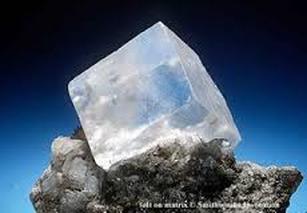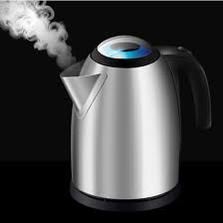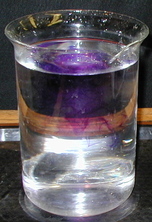|
|
Everything is made of particles and we have been talking about particles since year 7, but in year 10 we are expected to explain the behaviour of things like solids, liquids and gases by explaining how they are arranged and how they move.
They can ask a wide variety of questions and expect you to explain what is happening to the particles. You should also be familiar with more complicated examples that do not fit the normal model; including but not limited to smoke, gels and solutions. Note: Make sure you know what is meant by a fluid - both gases and liquids are fluids. |
1.1 Solids, Liquids and GasesSed ut perspiciatis unde omnis iste natus error sit voluptatem accusant doloremque laudantium, totam rem.
|
1.2 Changes of StateSed ut perspiciatis unde omnis iste natus error sit voluptatem accusant doloremque laudantium, totam rem.
|
1.3 Diffusion & Brownian MotionSed ut perspiciatis unde omnis iste natus error sit voluptatem accusant doloremque laudantium, totam rem.
|



